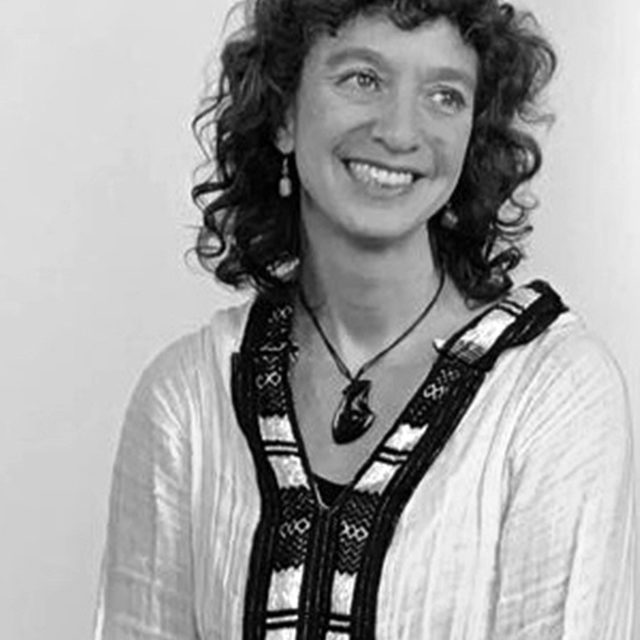Alison Phipps
Decolonising Languages in Rural Settings: Towards Equatorial Epistemologies
Speaker
-
Alison Phipps

Alison Phipps
UNESCO Chair in Refugee Integration through Languages and the Arts at the University of Glasgow and Professor of Languages and Intercultural Studies. She was De Carle Fellow at Otago University 2019, and Distinguished Visiting Professor at the Waikato University, Aotearoa New Zealand 2013-2016, Thinker in Residence at the EU Hawke Centre, University of South Australia in 2016, Visiting Professor at Auckland University of Technology, and Principal Investigator for AHRC Large Grant ‘Researching Multilingually at the Borders of Language, the body, law and the state’. She is now co-Director of the Global Challenge Research Fund South South Migration Hub, MIDEQ and for the £2 Million Cultures of Sustainable Peace. She is an academic, activist and published poet.
Abstract →
Alison Phipps
Decolonising Languages in Rural Settings: Towards Equatorial Epistemologies
Writing a ‘Manifesto for Good Living/ Buen Vivir’ Boaventura de Sousa Santos writes from the perspective of the ragged and loosely affiliated people engaged in social movements worldwide, not least through gatherings like the World Social Forum. In imagining a generalized subject position for this work, he states:
A few of us speak colonial languages; the large majority of us speak other languages. Since only a small number of us have voice, we resort to ventriloquists, whom we call rearguard intellectuals, because they go on doing what they have always done well: looking back. (Santos, 2014)
The rural dimension of language I explore here, is practice-led and land-connected. It has a particular genealogy when I look back, It was practice-led and intensely rural. It was theatre proclaimed into auditoria of up to 2,000 people at a time, in proud dialectal form, with no lapel amplification, week in week out throughout each summer, from the high sunshine of the afternoons into the darkness of the night performances under the moon, and the stars.
In this paper I will provide a genealogical view of the urban and rural political economy which shaped my own language learning, encouraging listeners to consider their own, and in this light. I will invite artists to join me in the reflections on speech and its urban, educational, and rural, educational inflections and consider ways in which our identities are shaped in by land, languages, arts and translations.
